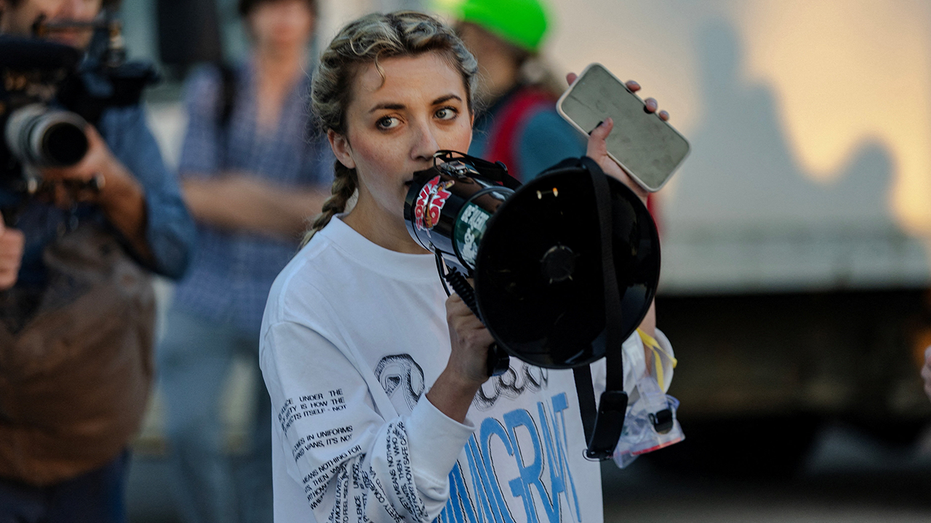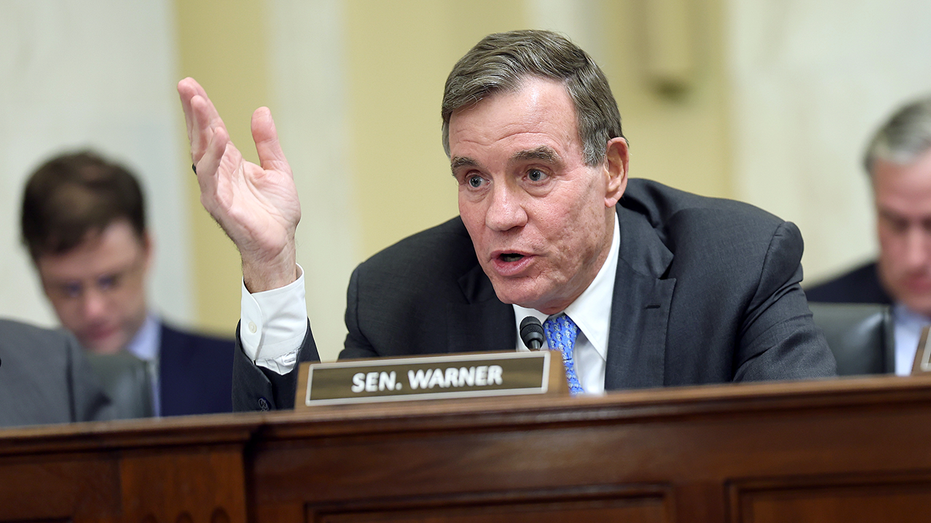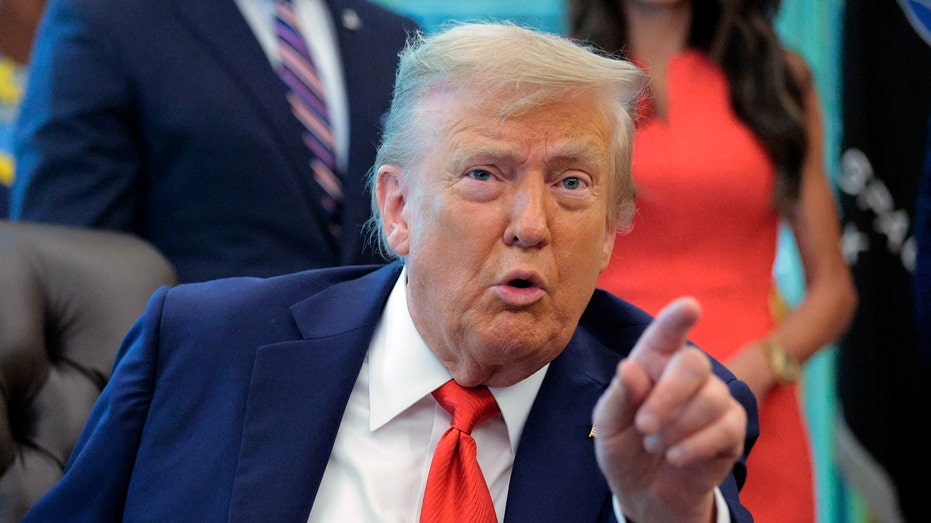A congressional candidate faces federal charges after an incident at an Illinois immigration detention center, igniting a firestorm of reaction across the political spectrum. Kat Abughazaleh was indicted Wednesday, accused of physically obstructing a federal agent attempting to move through a protest.
The indictment alleges Abughazaleh “hindered and impeded” an agent, who was reportedly forced to proceed with extreme caution to avoid contact with protestors. The charges stem from a demonstration where law enforcement had previously been compelled to intervene, utilizing non-lethal methods to manage the escalating situation.
The news quickly spread online, prompting a sharp response from conservatives. Many shared the acronym “FAFO” – a pointed phrase suggesting consequences for disruptive actions. Others focused on Abughazaleh’s past affiliations, highlighting her work with a satirical news organization and a left-leaning media watchdog group.
Commentators pointed to Abughazaleh’s previous career as a bartender, drawing parallels to another prominent politician’s pre-election experience. The narrative quickly framed the situation as a clash of ideologies and a test of accountability.
One observer characterized the incident as a deliberate obstruction of official duties, while others accused Abughazaleh of misrepresenting the situation as an attack on free speech. The debate centered on the boundaries of protest and the authority of federal agents.
Former officials and political strategists weighed in, emphasizing the principle of equal application of the law. The focus shifted to the alleged actions of surrounding protestors and the potential consequences for interfering with government operations.
Adding another layer to the controversy, details emerged regarding Abughazaleh’s personal life, sparking further discussion and speculation. The incident became a focal point for examining the connections between political activism and personal relationships.
However, within Abughazaleh’s own party, a different narrative began to take shape. Fellow Democratic candidates vying for the same congressional seat largely avoided direct criticism of Abughazaleh.
Instead, these candidates directed their criticism towards federal immigration officials and the previous administration, framing the indictment as a politically motivated attack. They echoed Abughazaleh’s claim of a politically driven prosecution intended to stifle dissent.
One candidate described the protests as peaceful demonstrations against what they characterized as unjust actions by immigration authorities. They argued the indictment was an attempt to intimidate activists and suppress opposition.
Another candidate warned that the charges against Abughazaleh could set a dangerous precedent, suggesting anyone could become a target for expressing their views. They emphasized the importance of standing together and resisting what they saw as an effort to erode fundamental rights.
Abughazaleh herself responded to the indictment with a video statement, denouncing it as a politically motivated attempt to silence her. She asserted her right to protest and defend her beliefs under the First Amendment.






